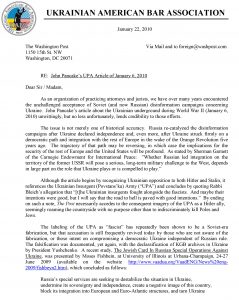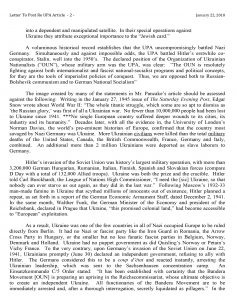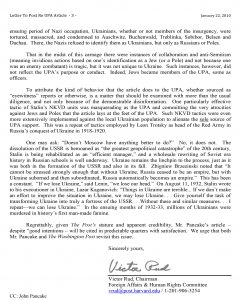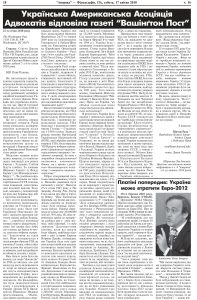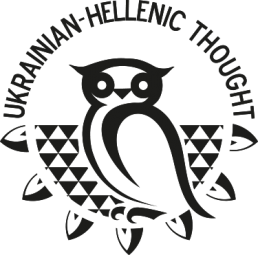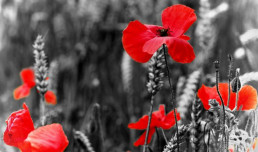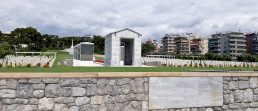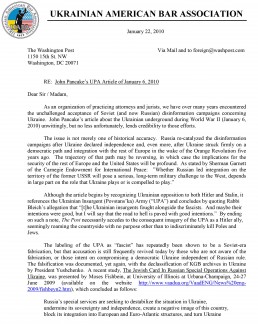Звернення Асоціації "Українсько-Грецька Думка" до Президента, Прем'єр-міністра та Спікера Парламенту Греції з нагоди 75-ї річниці закінчення Другої світової війни
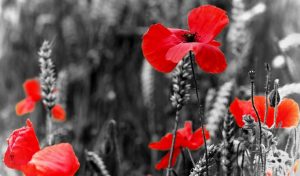 Photo from Platfor.ma
Photo from Platfor.ma
8 травня 1945 року - звільнення Західної Європи від нацизму
9 травня 1945 року - початок тоталітарної окупації Радянським Союзом країн Східної та Центральної Європи
З нагоди 75-ї річниці закінчення Другої світової війни ми, українці, хотіли би нагадати Вільним Народам, що в 1945 році війна закінчилася тільки для країн західного світу. Однак Україна, поряд із країнами Східної та Центральної Європи, опинилася в тюрмі народів, в пастці звірств Союзу Радянських Соціалістичних Республік (СРСР).
Злочини нацистського режиму були справедливо засуджені, що дозволило західним країнам розвивати своє суспільство на основі демократичних ідеалів та верховенства права. Однак вільний розвиток країн Східної та Центральної Європи розпочався лише після розпаду СРСР наприкінці минулого століття, і прогресував лише в тих країнах, які поряд із злочинами нацизму офіційно засудили злочини комуністичного режиму в СРСР.
Після розпаду СРСР Росія самопроголосила себе державою-правонаступницею цієї імперії, ігноруючи, однак, масштаби і наслідки відповідальності за масові вбивства, руйнування економік, придушення прав людини, концтабори та нелюдські вбивства.
Ми, українці, зобов’язані нагадати вільним народам, що ще до Другої світової війни Україна зазнала варварства радянського режиму через здійснений Сталіним Штучний Голодомор 1932-33 рр., внаслідок якого знайшли жахливу загибель 10 мільйонів невинних українців.
Ми, українці, зобов’язані нагадати, що Україна, як під час вторгнення, так і під час відступу нацистів з території СРСР, несла нестерпний тягар, що відображається втратою 14-ти мільйонів життів громадян України під час бойових дій того періоду.
Ми, українці, зобов’язані нагадати, що незасуджені і безкарні злочини Росії в минулому столітті, її імперіалістична військова агресія у XXI столітті, а також систематичне спотворення фактів та дезінформація народів, можуть призвести до нового жахливого світового конфлікту.
Ми, українці, зобов’язані попередити, що гасла на кшталт "Ми можемо повторити!", використовувані протестувальниками так званого "Безсмертного батальйону" та схвально заохочуючі місцевими російськими організаціями та органами, є реальною загрозою для початку наступного туру агресії.
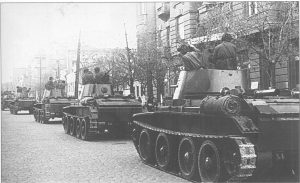
Радянські танки на вулицях Львова. 1939
Подвійний удар. Німецька та радянська війна проти Польщі. 1939
Друга світова для України почалася 1 вересня 1939 р. із нападом нацистської Німеччини на Польщу. До 120 тисяч українців у Війську Польському стали тоді до боротьби з нацизмом. Тоді ж зазнали бомбардувань Львів та інші західноукраїнські міста. 17 вересня у війну на боці гітлерівського ІІІ Райху вступив сталінський СРСР.
УКРАЇНА У ДРУГІЙ СВІТОВІЙ ВІЙНІ
8 ΜΑΙΟΥ - ΗΜΕΡΑ ΜΝΗΜΗΣ & ΣΥΜΦΙΛΙΩΣΗΣ ΣΤΗΝ ΑΘΗΝΑ/8 ТРАВНЯ - ДЕНЬ ПАМ'ЯТІ І ПРИМИРЕННЯ В АФІНАХ
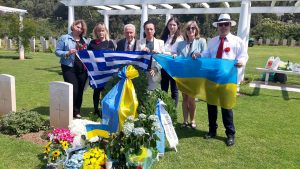
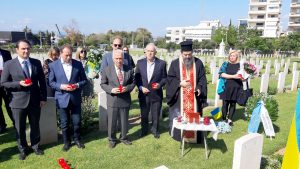
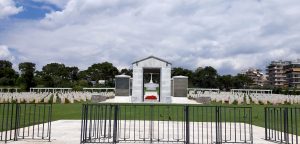
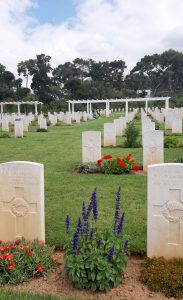
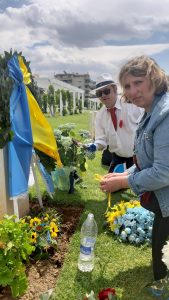
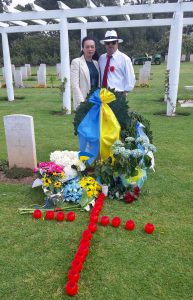
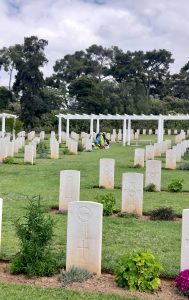
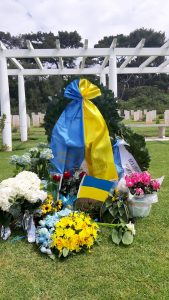
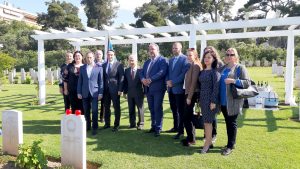
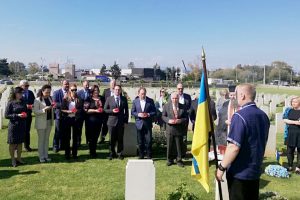
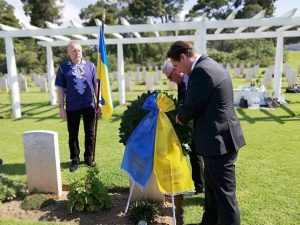
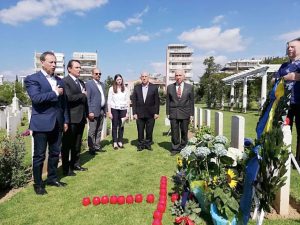
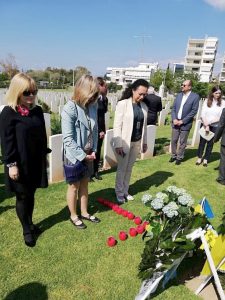
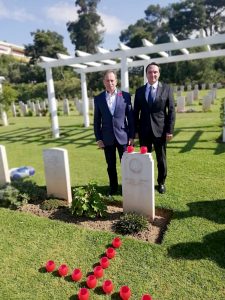
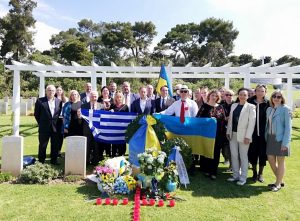
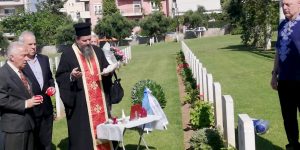
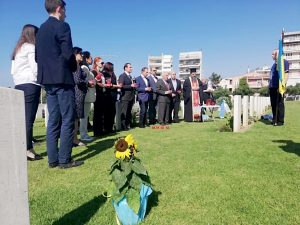
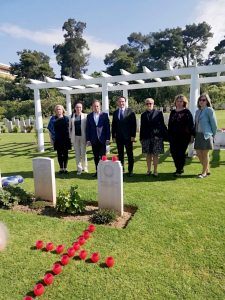
Η Ουκρανία στον Β’ Παγκόσμιο πόλεμο/Україна в Другій світовій війні
